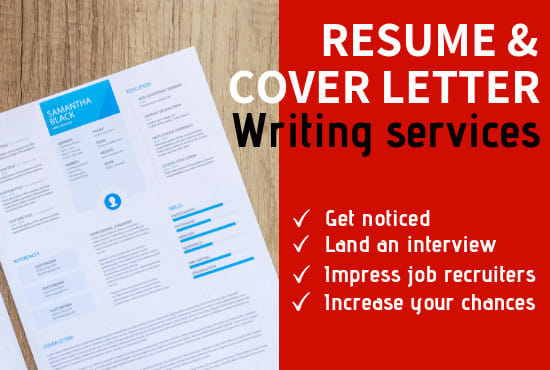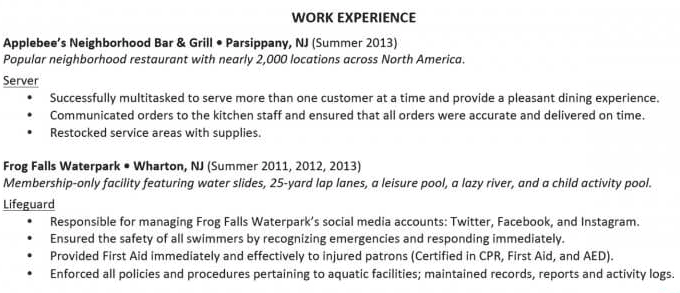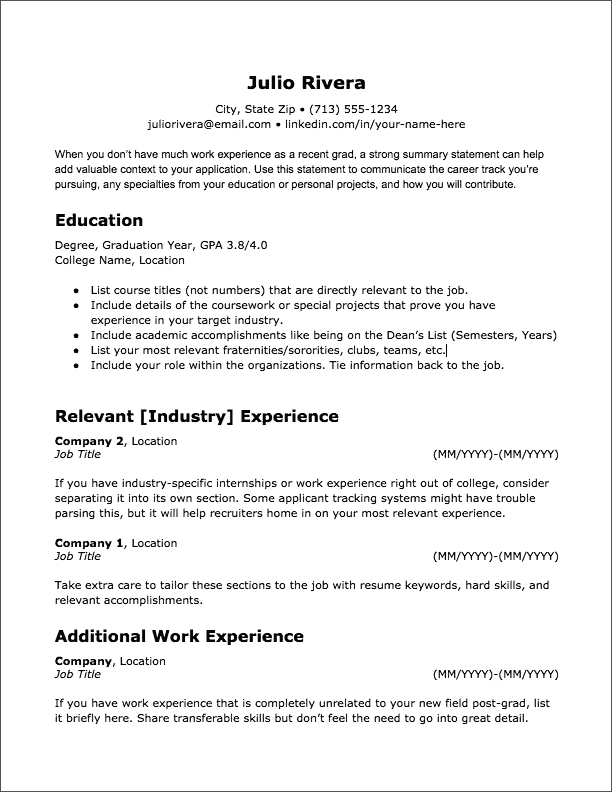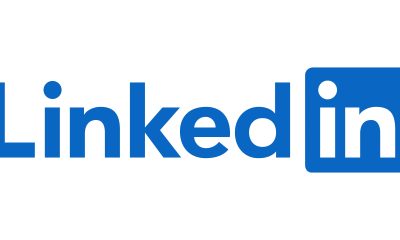Career Tips
How To Write An Entry Level Resume, With Examples

An entry-level resume displays your talents, accomplishments, and past work experience. Entry-level job applicants utilize this resume.
Writing an entry-level résumé is difficult. If you have no relevant work experience, how can you recap it? Maybe you worked for years, but it wasn’t your current route.
This tutorial will help you write your entry-level resume. This post covers resume types, templates, keywords, and more for your first job.
What to Put on Your Entry-Level Resume
You’ve probably heard the adage, “You need a job to get experience and experience to get a job.” Securing that first job—or pursuing a new career—feels overwhelming and frustrating for many, but it just requires a bit of creativity.
Focus on your experience outside of the workforce. Think about your internships and class projects. Even internships solely for school credit provide valuable experience that can translate into a job.
Here are important elements and tips for what to include on your entry-level resume.
Full Name and Contact Information
No matter where you are in your professional career, there are a few fundamentals that should be included in every resume. That contains, as you can see below, the following information:
- Name
- Address: city, state, and zip code
- Email address
- LinkedIn profile link

This information might seem obvious to include, but it is worth mentioning because of its importance. How will recruiters contact you, otherwise?
Resume Headline
When securing that entry-level position, you’re competing with everyone else attempting the same feat. That’s why it’s so important to stand out, immediately. Your resume headline will help you accomplish this.
A resume headline is the opening statement to, well, you. As you can see below, it’s a one-line introduction to who you are and what you have to offer your future employer.
Entry-Level Resume Headline Examples
- A recent graduate experienced in writing efficient code, implementing test strategy to reduce maintenance, and working in a diverse list of object-oriented programming languages.
- Detail-oriented, award-winning journalism student seeking broadcasting internship opportunities.
- A former teacher experienced in fostering open learning environments, strategic communication, and helping students achieve their goals seeking opportunities in business.
Resume Summary Statement
A resume summary statement is similar to a resume headline but is more in-depth. This short paragraph comes after the headline and highlights your professional skills and experience.
Sample Entry-Level Resume Summary Statements
- Highly motivated communications student seeking career opportunities in advertising or public relations. Interested in leveraging social media experience and writing skills to positively contribute to an organization’s corporate or departmental objectives, while gaining valuable industry experience.
- Passionate former teacher with experience in project management, instruction, and creating detailed syllabi and lesson plans to map out several month’s worth of work. Seeking opportunity to bring my skills, passion, and a fresh perspective to the business world.
- High school student with proven organizational, communication, and people skills. Looking for an opportunity to use my positive attitude and strong work ethic to help an organization reach their goals.
Education
Your education is the most important part of your entry-level resume. It’s often your biggest accomplishment so far, so make sure to treat it as such. Include the following information in this section:
- Degree
- Graduation year
- GPA
- College name
- College location
Consider your past experience and how to format your CV. Include your professional experience? If yes, include some brief college accomplishments to your education section. That includes relevant course titles, projects, academic achievements, awards, clubs, volunteering, and any other material you think recruiters will value.

If you don’t have work experience you’d like to highlight in your entry-level resume, then you can keep the education section a bit more direct and highlight things such as awards and volunteering more in-depth in other sections of your resume.
Past Work Experience
Include any work experience on your first CV as a new graduate. Same advise for career changers. With a little innovation, your hard and soft abilities can translate effectively to your resume, even if your past roles don’t appear relevant.
Your prior jobs may not have qualified you for your desired position. They probably taught you communication, strategizing, project management, problem-solving, outreach, and multitasking. These hard and soft skills are essential for each career. Like the example below, explain how your former positions taught you those skills.

Also make sure to include the name of the company you worked for, its location, your job title, and how long you worked there.
Internships, Volunteering, and Clubs
If you lack previous work experience, then you can share more detail with activities you took part in throughout your college years.
Many colleges need internships. You worked during your unpaid internship. Explain what you learnt at your internship—hard and soft skills. Are you certified? Special project? Help a mentor? Match your internship experience to your desired job.

Volunteering and clubs are similar. Explain what you accomplished, the role you played, how it benefited the greater organization or community, and how it makes you a solid fit for the desired position.
Relevant Keywords and Hard Skills
Tailoring any CV to the job description is the most crucial stage. Recruiters and hiring managers want to see your job expertise. Many hiring managers utilize keyword searches in applicant tracking systems to find qualified candidates rapidly. Each position requires a keyword-rich, bespoke resume.
Where should these skills go? Some ideas:
- In coursework descriptions
- In a bulleted skills section
- In your resume headline (Hint: Try to include the job title in your headline. This is the most important keyword.)
- In your work experience section
- In your volunteer experience
Entry-Level Resume Template























